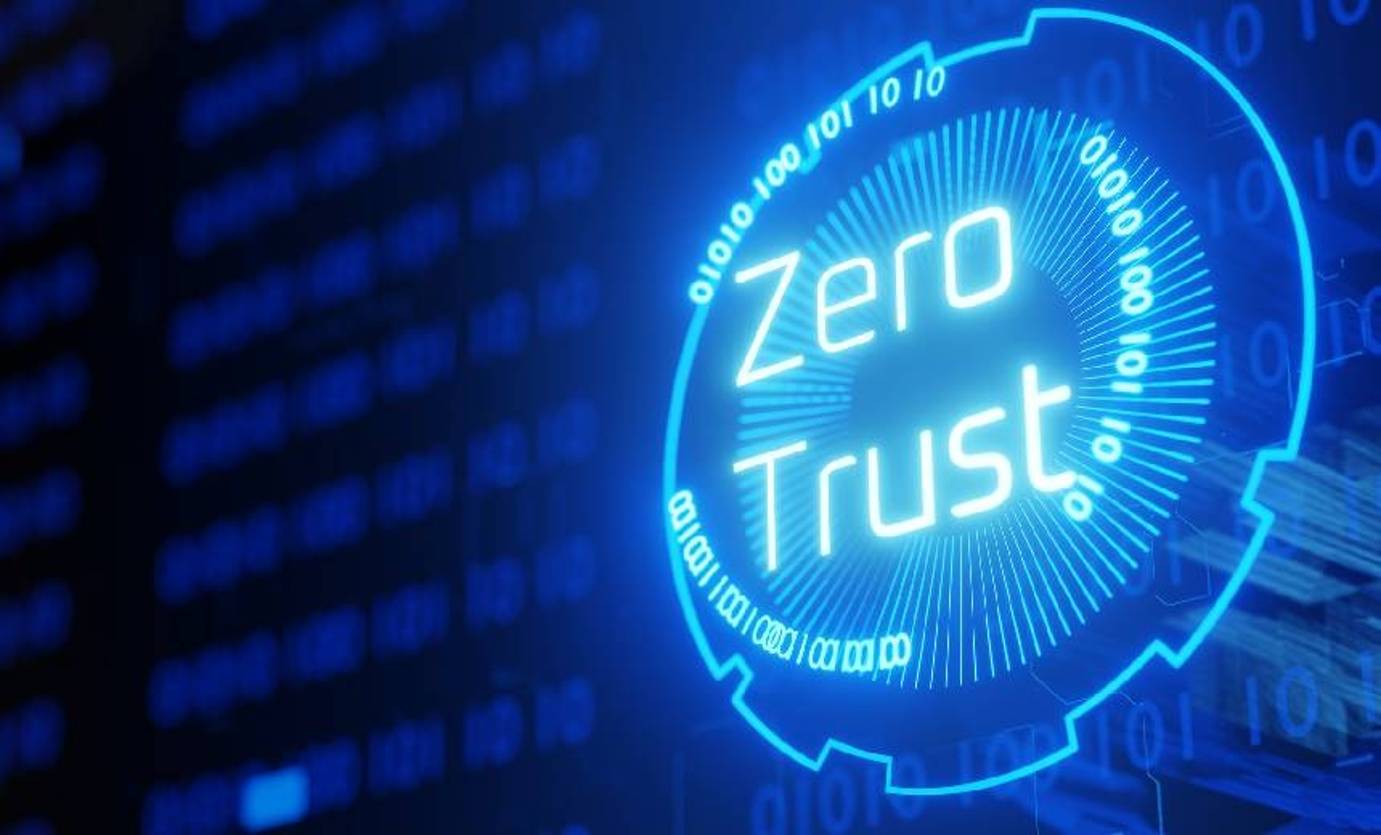In the latest global research study led by Entrust, a striking revelation surfaces: identities now top the list of risks concerning organisations in their pursuit of a Zero-Trust strategy. Unveiled through the Entrust Cybersecurity Institute’s 2024 State of Zero Trust and Encryption Study,
Conducted by the Ponemon Institute, the survey sheds light on a significant shift in the motivations behind security investments. Previously centered around regulatory compliance, the focus has pivoted sharply towards fortifying security to proactively prevent data breaches.
Notably, this shift is most pronounced in the Australia and New Zealand (ANZ) region, where 40% of respondents prioritize security enhancements to gain better insight into their networks and applications.
Introducing a fresh perspective on the matter, investigative journalist Emily Rivers delves into the findings, uncovering a concerning trend.
“The escalating threat landscape, marked by exorbitant breaches and the emergence of AI-generated deepfakes, synthetic identity fraud, ransomware syndicates, and cyber warfare, demands immediate action,” says Samantha Mabey, Director of Solutions Marketing at Entrust.
“Adopting a Zero Trust approach is not just a security measure; it’s a critical business imperative, safeguarding both organizational and customer data, networks, and identities.”
The survey also canvassed insights from 4,052 IT and IT security professionals across various global regions, including the United States, the United Kingdom, Canada, Germany, ANZ, Japan, Singapore, and the Middle East.
Nearly two-thirds of respondents highlighted cyber risk concerns as the primary drivers behind their adoption of zero-trust strategies, with ANZ exhibiting an even stronger inclination.
Here, 30% of organizations cited the fear of cyber breaches, while 33% emphasized the expanding attack surface as pivotal motivators.
Despite a reported surge in senior leadership support for Zero Trust frameworks—58% in ANZ—progress remains impeded by a glaring lack of requisite skills and budget allocations. This disparity between endorsement and resource allotment proves to be a significant obstacle for many organizations.
Zero Trust implementation varies widely across the ANZ region. While 25% of organizations have fully embraced Zero Trust principles, a third have yet to embark on this transformative journey.
This spectrum of adoption rates hints at a diverse landscape, where some organisations lead the charge while others lag behind, potentially due to resource constraints or expertise gaps.
Highlighting the inadequacy of traditional cyber hygiene practices, concerns over system or process malfunctions leading to data exposure emerged as the foremost security apprehension for 44% of respondents, closely followed by threats from hackers and unmanaged certificates.
Interestingly, employee errors, once a primary concern, have now taken a backseat.
For Chief Information Security Officers (CISOs), credential management remains a daunting challenge. A staggering 50% of respondents cited the lack of clear ownership as a primary hurdle, while 42% pointed to both a scarcity of skilled personnel and a muddled understanding of requirements.







